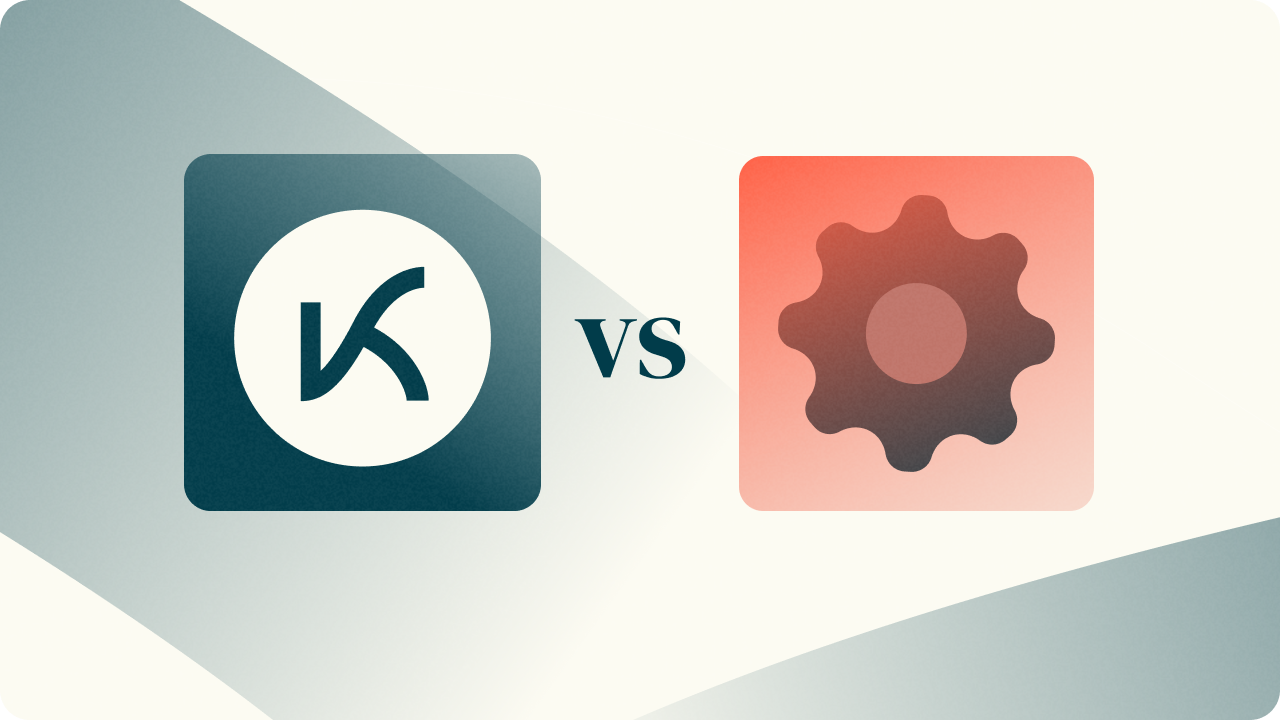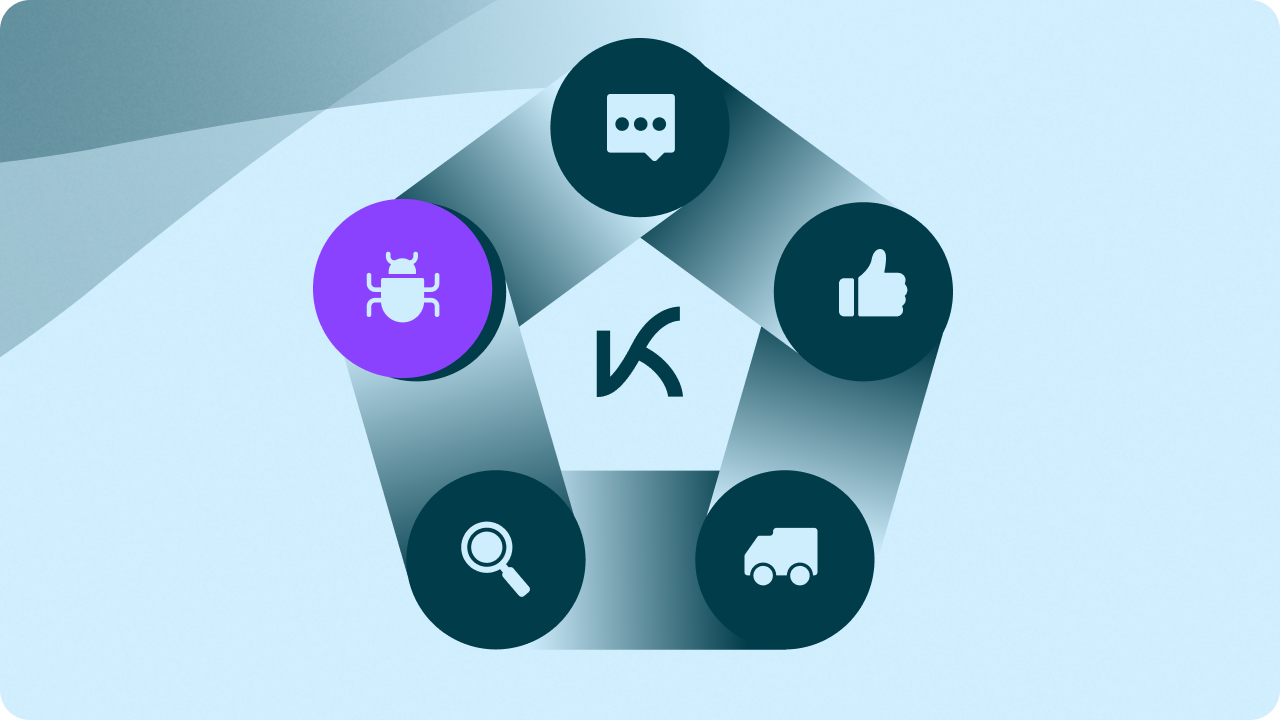
Artificial Intelligence is undoubtedly changing the way people work. The office that perhaps stands to benefit the most from the successful adoption and implementation of AI is that of the Chief Information Officer (CIO).
AI automation platforms like Kognitos are empowering CIOs to drive unprecedented change, innovation, and value within their organizations. As CIOs make this shift, their position is being redefined from a support function within the organization to a strategic business driver. In fact, Gartner predicts that by 2025, 80% of CIOs will be explicitly measured on their ability to contribute to revenue growth, showing that the market is already trending in this direction.
From Cost Center to Profit Engine
IT departments have long been viewed as a necessary expense to keep the business running smoothly, rather than a department that drives revenue. However, as we mentioned above, AI is flipping the script on this narrative. AI automation solutions like Kognitos allow CIOs to have a significant impact on various business units, driving productivity gains, cost savings, and digital transformation initiatives company-wide.
Forrester’s recently released 2025 predictions states that “more than 50% of technology decision-makers will see their technical debt rise to a moderate or high level of severity as they enter 2025. By 2026, this number will increase to 75%, driven by the acceleration of solutions to adopt AI.” But AI automation solutions like Kognitos actually present a golden opportunity to consolidate technical debt while demonstrating tangible ROI and positioning IT as a profit center.
Empowering and Retaining Top Talent
The AI revolution is not just about technology; it’s about people. According to Deloitte, “nearly 90% of tech industry leaders said that recruiting and retaining top tech talent remained either a moderate or major issue, with challenges related to the tech workforce outpacing challenges related to fostering innovation, driving productivity, and integrating new technology.”
As CIOs adopt AI to automate routine tasks, they are able to elevate IT professionals into more strategic roles, cutting down on the number of mundane tasks while simultaneously increasing job satisfaction and attracting more diverse talent. Deloitte’s 2024 Global Human Capital Trends cited that nearly three-quarters of respondents believe it is “important to ensure that the human capabilities in the organization keep pace with technological innovation, but just 9% say they are making progress toward achieving that balance.”
Platforms like Kognitos allow CIOs to adopt a single technology solution that serves a variety of automation needs, so they can create an environment where IT professionals can enhance their human skills, focus on strategic work, and feel valued, challenged, and integral to the company’s success.
Elevated Executive Status
AI technology solutions are now central to business operations, with the office of the CIO largely responsible for oversight and governance. A recent article suggests the only way to avoid the risks associated with shadow AI use is for the CIO to implement a governance platform. Further, Gartner identified that organizations with robust AI governance policies “will experience 40% fewer AI-related ethical incidents compared to those without such systems.” As CIOs take on this responsibility, their role within the C-suite becomes elevated, making it a more strategic position in line with operations and technology. As agentic solutions grow in popularity in the coming months, attention will undoubtedly turn back to the responsibilities of the CIO.
On average, 46% of global CIOs respond directly to the CEO, but in companies with advanced digital transformation agendas, this figure increases to 55%. We expect to see this elevated status grow in the coming years, with CIOs taking on a more strategic business role as they drive AI-powered business transformation.
Owning Operational Intellectual Property
Perhaps the most transformative aspect for CIOs embracing the AI revolution is the opportunity to codify and own their organization’s operational knowledge. As AI automation platforms increasingly automate and document processes, CIOs can create a comprehensive blueprint of how their organization functions.
Having well-documented AI and automation processes allows organizations to scale their initiatives significantly faster, while maintaining a system of record. A platform like Kognitos records these processes in plain English, so they are accessible by technology and non-technology personnel alike. This intellectual property becomes an invaluable asset, insulating the company from knowledge loss due to employee turnover and providing a foundation for continuous improvement.
Advantages for Forward-Thinking CIOs
In order to achieve success in their AI initiatives, CIOs need a trusted partner. Kognitos offers a unique solution that empowers CIOs to:
- Provide simple instructions to automate complex business processes
- Collaborate with cross-functional stakeholders easily
- Ensure compliance, auditability, and governance over AI
- Drive innovation without extensive technical overhead
The AI revolution is reshaping the business landscape. CIOs who embrace this drive their organizations to unprecedented efficiency and profitability.
To explore how Kognitos can become a trusted partner in your AI transformation initiates, book a demo with a member of our team, and take the first step towards redefining your role as a CIO in the age of AI.

Discover the Power of Kognitos
Our clients achieved:
- 75%manual data entry eliminated
- 30 hourssaved on invoicing per week
- 2 millionreceipts analyzed per year



